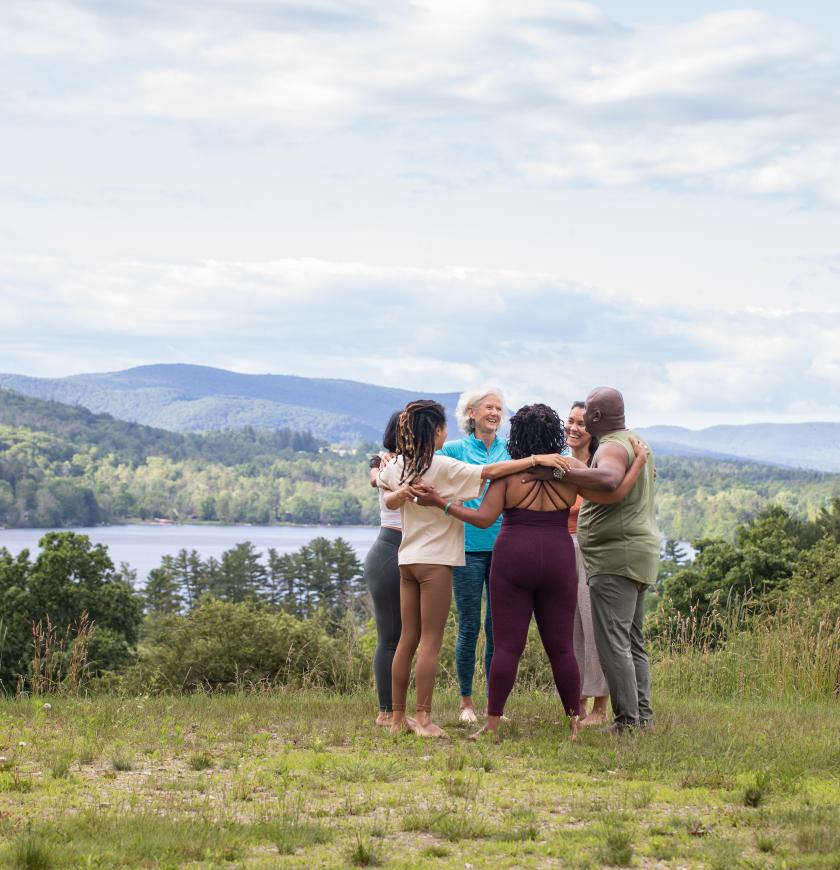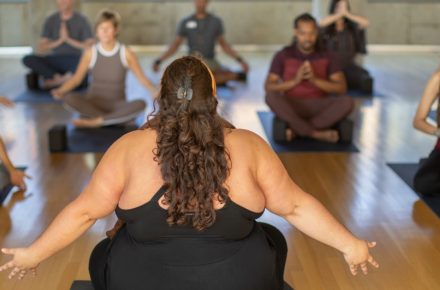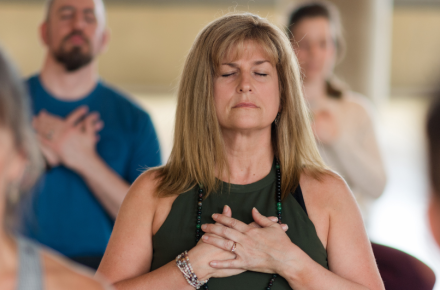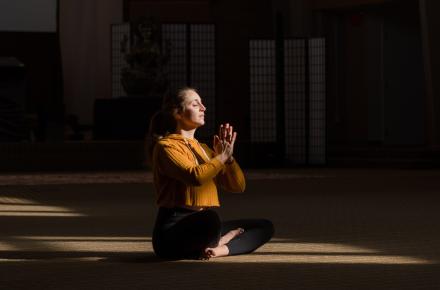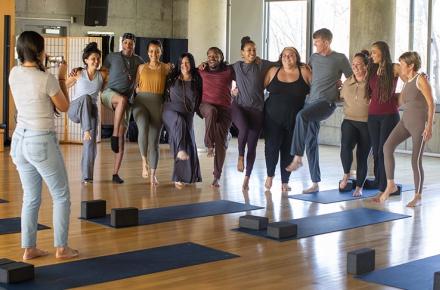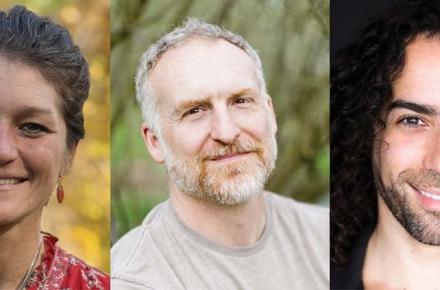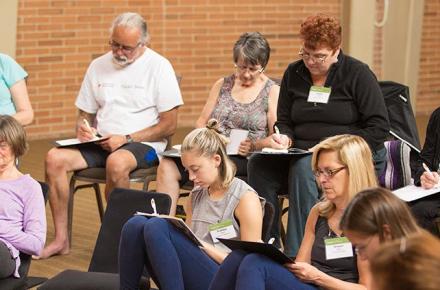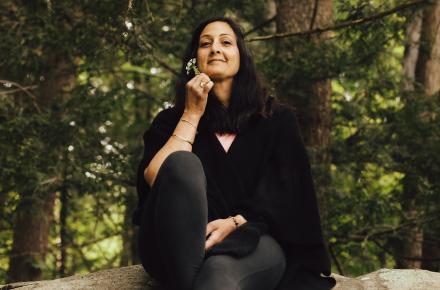Unlocking the Stories Within
by Reyna Eisenstark
When I started running a number of years ago, I tried doing my runs with music. But I found that no matter how often I changed it up, it didn’t feel right. I’d flip between songs, never satisfied. I’m not sure what made me go out that first time without any music at all, but it was a revelation.
I was alone with my thoughts, which went everywhere, and there was simply the hypnotic effect of my own breathing, which, the minute I stopped noticing it, just carried me along. My thoughts often went off in wild directions, but I found that my breathing could lead me the whole way. Then, when I got home, I wrote these thoughts down. Eventually, I came to rely on these runs, especially when I was stuck in the middle of a writing project. It wasn’t so much the break from writing that seemed to unlock my thoughts as it was simply the act of moving and breathing.
For years, author Dani Shapiro has made this connection between the mind and the body a point of focus when she teaches writing. She points out how the body is usually left out of the writing process: When we suffer from writer’s block, it feels as if we’re stuck in our head. But what if we’re also stuck in our body?
It’s no accident that we speak about writing in physical terms—writing from the heart, writing from the gut. If you’ve ever written anything even remotely personal, you know how physical writing can be. As you simply recall details from your past, you might find your heart pounding or your breathing getting faster. Afterward, you might find yourself a bit lightheaded. When I’m writing and I feel a certain familiar ache in my belly, I know I’ve hit on something good.
Dani says that to be a writer is to know one’s own instrument—the self—the same way that musicians know theirs. “We are our own instrument,” she says. The Sanskrit term samskara translates as “impression” or “imprints left on the mind,” but Dani likes to use this word in writerly terms, to mean “the stories we carry” or “the stories that are locked in our bodies.” We might not be able to access them easily, she explains, but they’re always there.
Dani teaches people how to get to know their instruments and unlock the stories inside. One tool for that, she says, is yoga. For Dani, a yoga practice allows her to press a reset button in the middle of her writing day. She says that every writer needs some kind of practice that allows the mind to be liberated, whether it’s swimming, walking, or meditating. She studied with the writer Grace Paley, who once confessed that she wrote in the bathtub. “It took me a long time,” said Dani, “before I realized she wasn’t actually writing in the bathtub.”
Reyna Eisenstark is a freelance writer living in Chatham, New York. You can read her blog, inspired by stories from her life, at reynaeisenstark.wordpress.com.
Articles, programs, promotions, recipes, and more, delivered right to your inbox.
You May Also Like
Related Programs
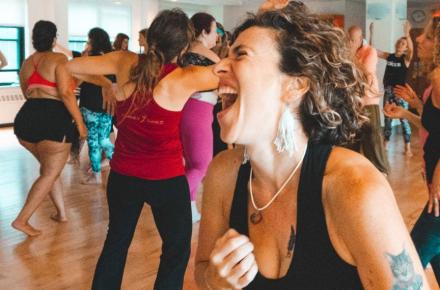
Open Your Heart Through Movement


Write Now


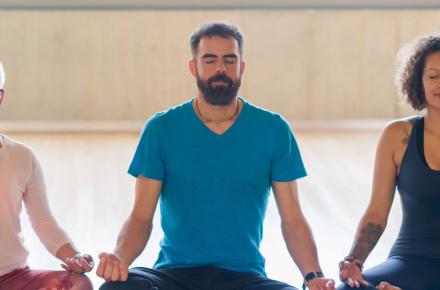
RISE: The Kripalu Approach To Resilience


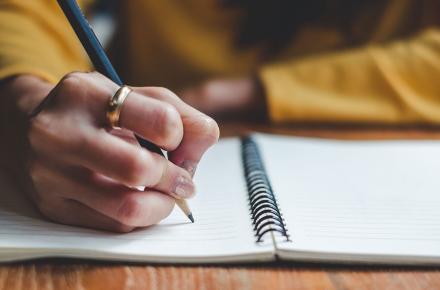
Write It From the Heart

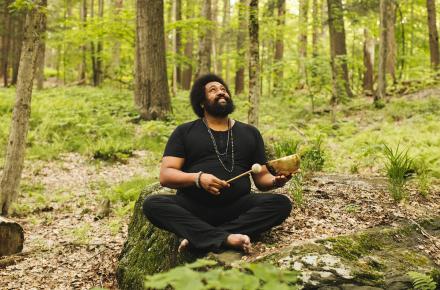
Permission and Refuge


The Natural Singer


Knit, Pray, Love


Rewrite Your Story, Reinvent Your Life

Get Our Catalog
Get a sneak peek of everything happening at Kripalu in the coming season. Sign up to get our print catalog delivered to your doorstep.
Newcomer's Guide
New to Kripalu? Explore who we are, what we offer, and begin your transformation today.
